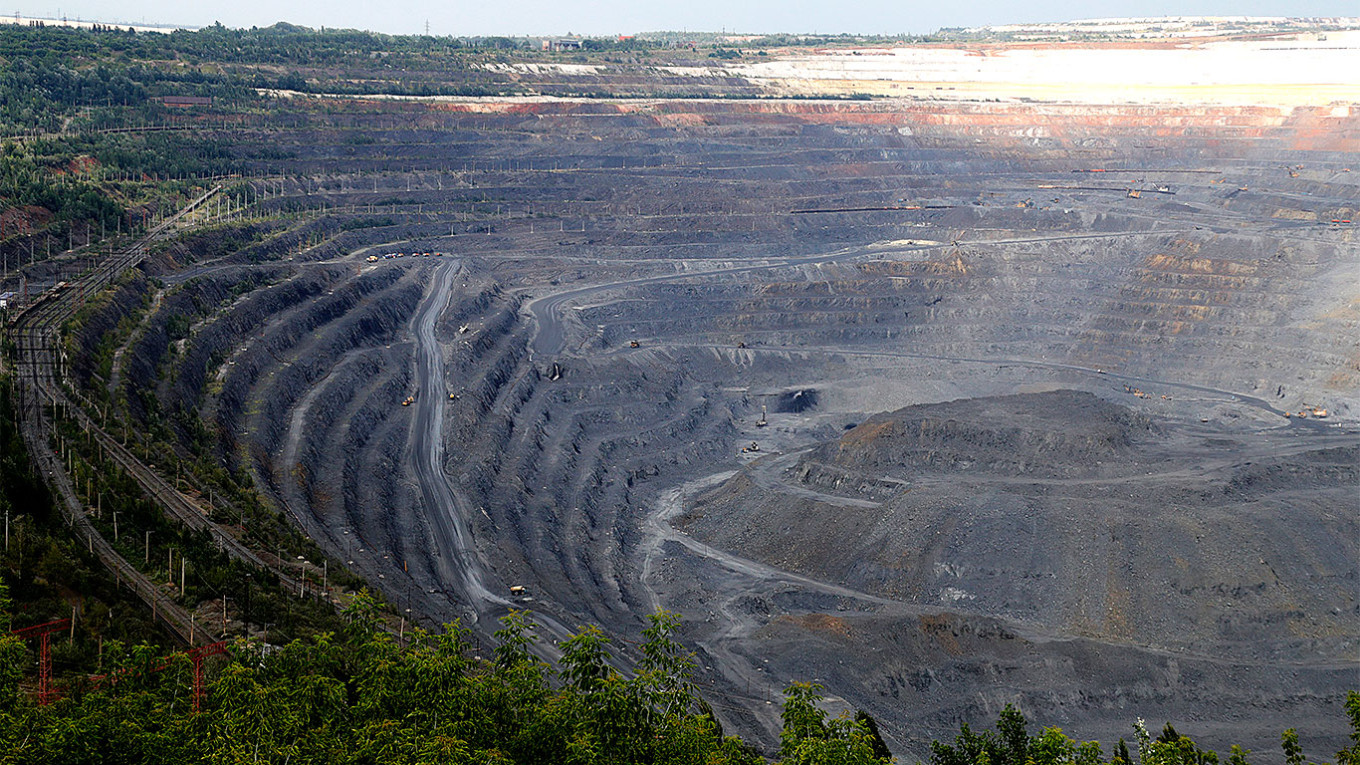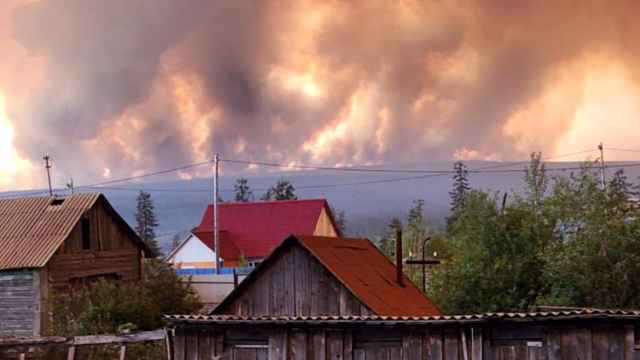With the alarming acceleration of global heating, pressure is building to urgently transition to clean and green energy, creating a boom in demand for materials needed to create green technologies. Although these transition minerals are crucial for building renewable energy equipment and technology, their extraction has consistently been linked to a damning number of human rights abuses – which could threaten to derail decarbonization altogether.
Though previously neglected in global analyses of transition minerals, the Eastern Europe and Central Asia (EECA) region is emerging as a new hotspot for extracting transition metals for global supply chains – primarily due to abundant reserves of minerals, including manganese, chromium, lead, zinc, copper and titanium.
Much of the demand for these minerals is driven by the European Union’s ambitious climate goals, which will require huge quantities of these rare minerals. Estimates indicate that this demand is only set to increase – and recent indications show the region has set its sights on EECA as a sustainable supply source.
The EU has signed strategic partnerships with three countries in the EECA region – Ukraine, Kazakhstan, and Uzbekistan. Given the vast reserves of transition minerals in the rest of the region, more partnership agreements are expected to be signed soon. The EU’s focus on EECA is taking place as geopolitical tensions are rising in the region. For example, Russia’s invasion of Ukraine has forced Western countries to reduce their dependence on Russia’s fossil fuels and China’s minerals.
However, the extraction and processing of these minerals in the EECA region has been linked to a concerning number of human rights abuses and environmental incidents.
Research by the Business & Human Rights Resource Centre looked at the human rights and environmental abuses linked to transition minerals in EECA between 2019 and 2023. The report found more than 400 allegations of abuse linked to the development, extraction and processing of 20 transition minerals in the region.
Abuses were found in 16 EECA countries (Albania, Armenia, Azerbaijan, Bosnia & Herzegovina, Bulgaria, Georgia, Kazakhstan, Kosovo, Kyrgyzstan, North Macedonia, Montenegro, Russia, Serbia, Tajikistan, Ukraine and Uzbekistan) – with workers and communities being the most affected by the allegations of abuse.
Communities were mostly affected by environmental impacts. Water pollution accounted for 29% of these impacts, followed closely by air (27%) and soil pollution (22%).
Among the worrying instances of abuse the report uncovered were concerns from environmental activists that the Lemnensky mine in northern Ukraine was harming the livelihoods of local residents. They claim the landscape near the facility has changed drastically, with forests cut down and replaced with huge piles of waste, and the fertile soil layer was destroyed. Also worrying is the news that wells in nearby villages have started to run dry.
Overall, occupational health and safety issues were the most frequently recorded type of abuse, accounting for 64% of impacts on workers. Kazakhstan accounted for 43% of the total allegations. Inspections authorities conducted at the Vostoktsvetmet and Kazzinc mining companies found over 1,200 labor and industrial safety violations alone.
Meanwhile in Russia, 145 and 206 violations of industrial safety regulations were detected at Lebedinsky mining and processing plant and Zapolyarny mine respectively. The research also recorded widespread labor rights violations, including workers going unpaid and underpaid, having access to information about the terms of their contracts, and facing workplace discrimination, long working hours, and violations of their supposedly constitutionally guaranteed freedom of association.
Companies must not be able to get away with failing to address these serious abuses. More than 50 instances of workplace deaths were recorded in the region, and workplace injuries are disturbingly common.
Despite these shocking figures, workers and local communities still face multiple barriers to holding companies accountable for human rights abuses. In most countries, the research revealed powerful businessmen – with close links to politicians – are involved with, or own, major extractive companies, further undermining workers’ and communities’ ability to seek justice. Eight out of the top ten companies with the highest numbers of allegations are owned by oligarchs, including Ukrainian billionaire Igor Kolomoisky, Russia’s Former First Deputy Prime Minister Vladimir Potanin, Uzbek billionaire Iskander Makhmudov, and Russian billionaire Oleg Deripaska.
But a just transition to clean energy cannot come at the expense of people and the environment. Significant changes are urgently needed in the mining sector throughout Eastern Europe and Central Asia if the energy transition is to be fast and fair, as the sector is riddled with human rights and environmental abuses.
A just transition to clean energy must center around three core principles: shared prosperity, human rights, and social protection, and fair negotiations. All of these principles are absent in transition minerals project development, extraction, and processing throughout Eastern Europe and Central Asia.
Companies operating in the region need to identify human rights and environmental risks throughout their supply chains. This must start by implementing effective human rights and environmental due diligence processes, as well as engaging with local communities and workers.
Furthermore, in challenging business environments – especially where civil or international conflict is possible – companies must ensure they are going beyond this to conduct heightened due diligence. Companies also need to provide timely access to information for affected rights-holders and establish grievance mechanisms that are accessible, predictable, equitable, and transparent for those negatively affected by their operations.
Although the transition to green energy is essential, achieving it in a destructive, abuse-riddled way will be self-defeating. So far, workers, local communities, and the natural environment in the EECA region have paid a heavy price for this transition, when they could instead be beneficiaries. There is an urgent need for the transformation of existing business models in the EECA extractive sector if we are to ensure the transition to clean energy is truly just and sustainable for all.
A Message from The Moscow Times:
Dear readers,
We are facing unprecedented challenges. Russia's Prosecutor General's Office has designated The Moscow Times as an "undesirable" organization, criminalizing our work and putting our staff at risk of prosecution. This follows our earlier unjust labeling as a "foreign agent."
These actions are direct attempts to silence independent journalism in Russia. The authorities claim our work "discredits the decisions of the Russian leadership." We see things differently: we strive to provide accurate, unbiased reporting on Russia.
We, the journalists of The Moscow Times, refuse to be silenced. But to continue our work, we need your help.
Your support, no matter how small, makes a world of difference. If you can, please support us monthly starting from just $2. It's quick to set up, and every contribution makes a significant impact.
By supporting The Moscow Times, you're defending open, independent journalism in the face of repression. Thank you for standing with us.
Remind me later.








